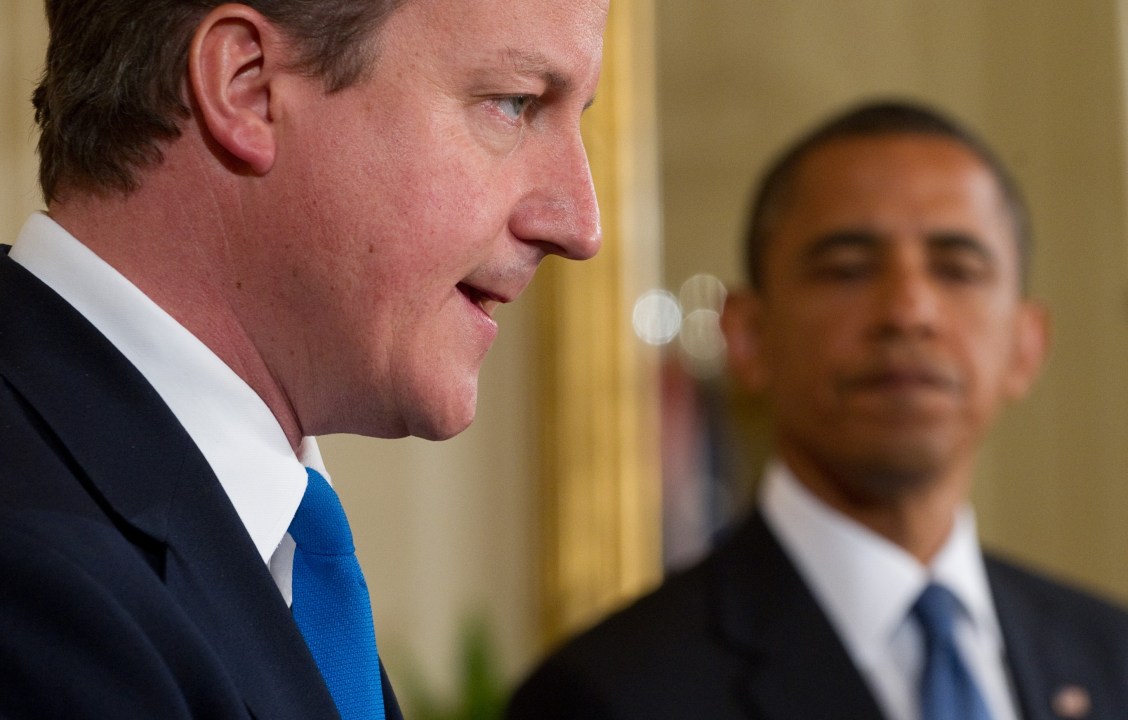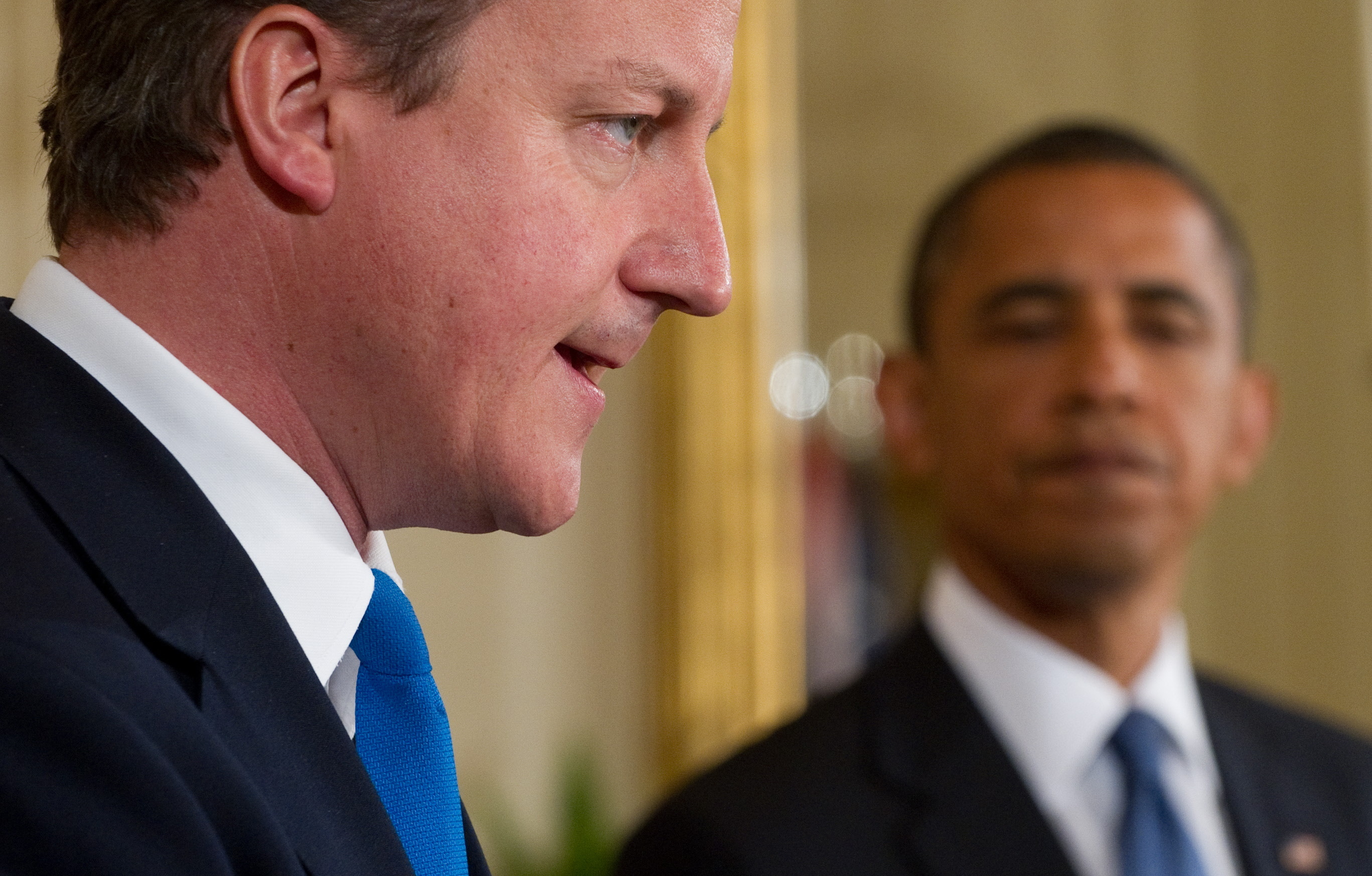 The garbled horror stories just keep on rolling out of Libya. According to the latest
reports, Gaddafi’s troops have attacked the rebels in Zawiyah with redoubled violence and force. Aircraft, tanks, bombs, mortars – all have been used against the city and its people, with
what one assumes are bloody results. As one resident puts it to Reuters, “Zawiyah as you knew it no longer
exists.” It is unclear whether the rebels have now lost control there, but that is a strong possibility.
The garbled horror stories just keep on rolling out of Libya. According to the latest
reports, Gaddafi’s troops have attacked the rebels in Zawiyah with redoubled violence and force. Aircraft, tanks, bombs, mortars – all have been used against the city and its people, with
what one assumes are bloody results. As one resident puts it to Reuters, “Zawiyah as you knew it no longer
exists.” It is unclear whether the rebels have now lost control there, but that is a strong possibility.
Unsurprising, then, that the West is positioning itself to act. David Cameron, we are told, has been speaking with Barack Obama about the full spread of options before them. Britain and France have just about reached the spellchecking stage on their draft UN resolution calling for a no-fly zone. And, in interviews last night, Hillary Clinton mooted the possibility of restricted airspace over Libya, but with the proviso that, “We think it is important that the United Nations make that decision.”
So it’s all down to the UN – or is it? The Washington Post reports that, while the US administration is understandably eager for the international body’s backing, it is also considering “alternative support”:
There are several problems with that, not least that the Arab League has pledged its support for a no-fly zone only if the UN agrees with it. But these particulars are, of course, subject to change. So far as the Middle East is concerned, all is in flux.“The Obama administration, NATO and other international organizations are united in their belief that any military intervention in Libya would require some international backing. But with a U.N. mandate far from assured, those considering some form of intervention – including the United States, Britain, France and Italy – are looking for alternative support, officials said. Officials, saying international support could come from regional blocs, noted that NATO’s air attacks on Serbia in 1999 came without U.N. backing. ‘If you have [support from] the Arab League, the African Union, NATO and potentially the European Union, you have every country within 5,000 miles of Libya,’ a NATO official said. ‘That gives you a certain level of legitimacy.'”







Comments